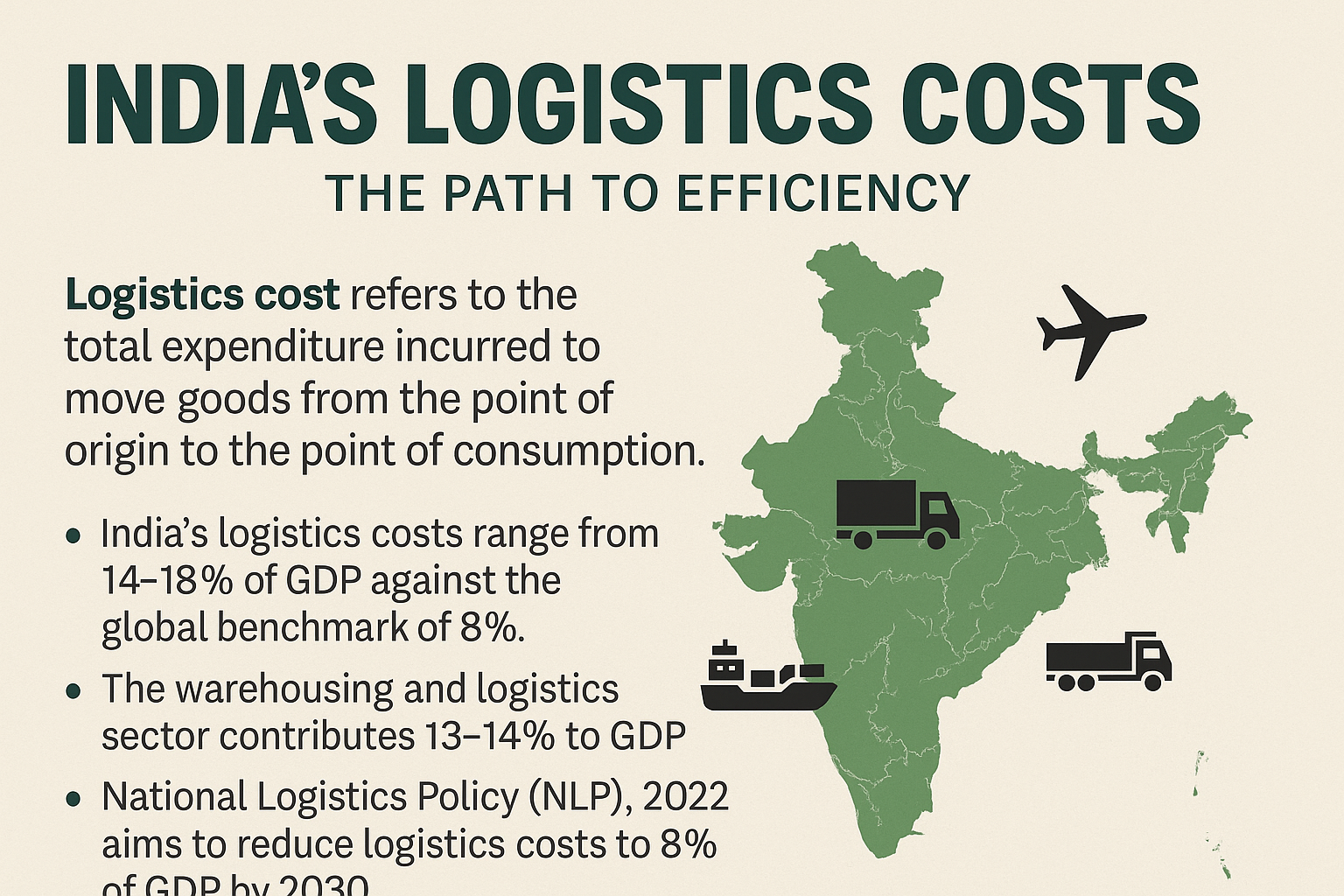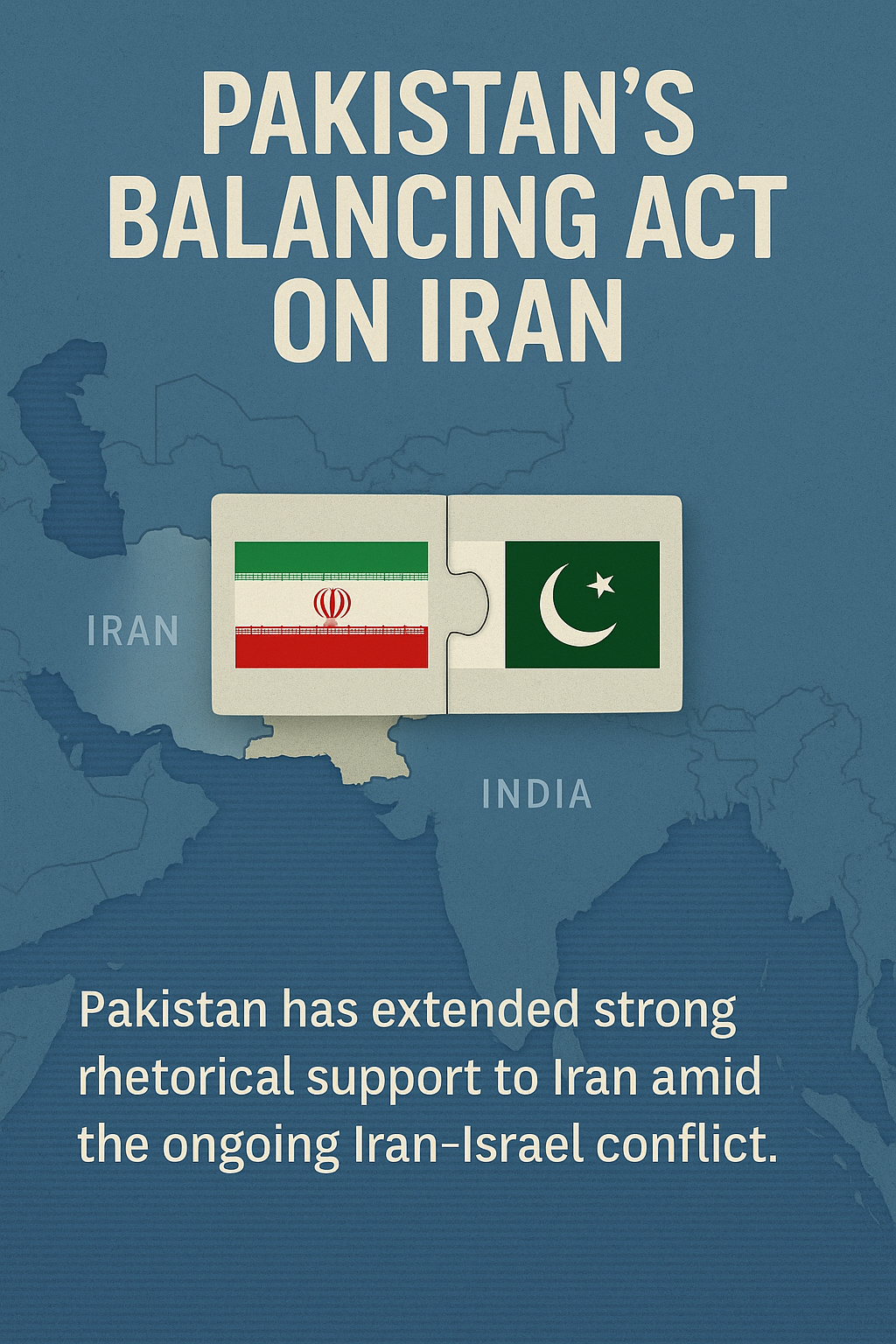097.
Alcohol Policy | Religious Towns | Socio-Economic Impact
Madhya Pradesh Enforces Liquor Ban in 17 Religious Towns Amid Cultural and Economic Debate
Madhya Pradesh has initiated a major shift in alcohol policy by banning liquor sales in 17 religious towns, including Ujjain, Orchha, and Maheshwar. Announced on the 300th birth anniversary of Devi Ahilyabai Holkar, this decision by Chief Minister Mohan Yadav reflects a mix of religious reverence, political symbolism, and evolving public health goals.
🕊️ A Step Toward Prohibition
- The ban applies to 17 holy towns across the state.
- Seen as a gesture of respect toward sacred spaces and public sentiment.
- It marks the most significant move toward prohibition in the state in recent years.
🕰️ Prohibition: A Historical Rollercoaster
- 1990s: Digvijaya Singh allowed liquor shop relocation with public consent, but enforcement failed.
- Later Years:
- Uma Bharti and Shivraj Singh Chouhan attempted limited bans, particularly around the Narmada River.
- Enforcement remained piecemeal and ineffective.
💰 Revenue Realities
| Year | Liquor Revenue (₹ Crore) | % of State Revenue |
|---|---|---|
| 2023 | 13,590 | ~15% |
- Alcohol revenue is crucial for welfare schemes, roads, and public works.
- Any move toward prohibition risks a significant dip in government funding unless alternative revenue sources are secured.
🌾 Cultural Sensitivities and Traditional Brewing
- Tribal communities in Madhya Pradesh engage in traditional alcohol production as part of their cultural and economic fabric.
- A full ban is often seen as invasive and harmful to local livelihoods.
- Experts warn of unintended consequences, such as a rise in illicit liquor trade.
🧩 What’s Missing?
Despite its symbolic strength, the current ban:
- Lacks comprehensive rehabilitation measures
- Doesn’t address alcohol addiction treatment
- Offers no alternative livelihoods to affected communities
- Misses the chance for public health education and awareness
🔍 Path Forward: A Balanced Alcohol Policy
For prohibition to work meaningfully, policymakers must:
✅ Consult local leaders and health experts
✅ Develop rehabilitation and employment alternatives
✅ Invest in awareness campaigns
✅ Provide safe, regulated spaces where necessary
✅ Avoid pushing alcohol underground, which creates greater health risks
Conclusion
The ban in 17 religious towns is a significant moral and political statement, but sustainable change will require holistic policymaking that balances cultural identity, economic needs, and public health goals.
Let’s hope this marks not just a symbolic act—but a truly transformative journey toward healthier communities.















